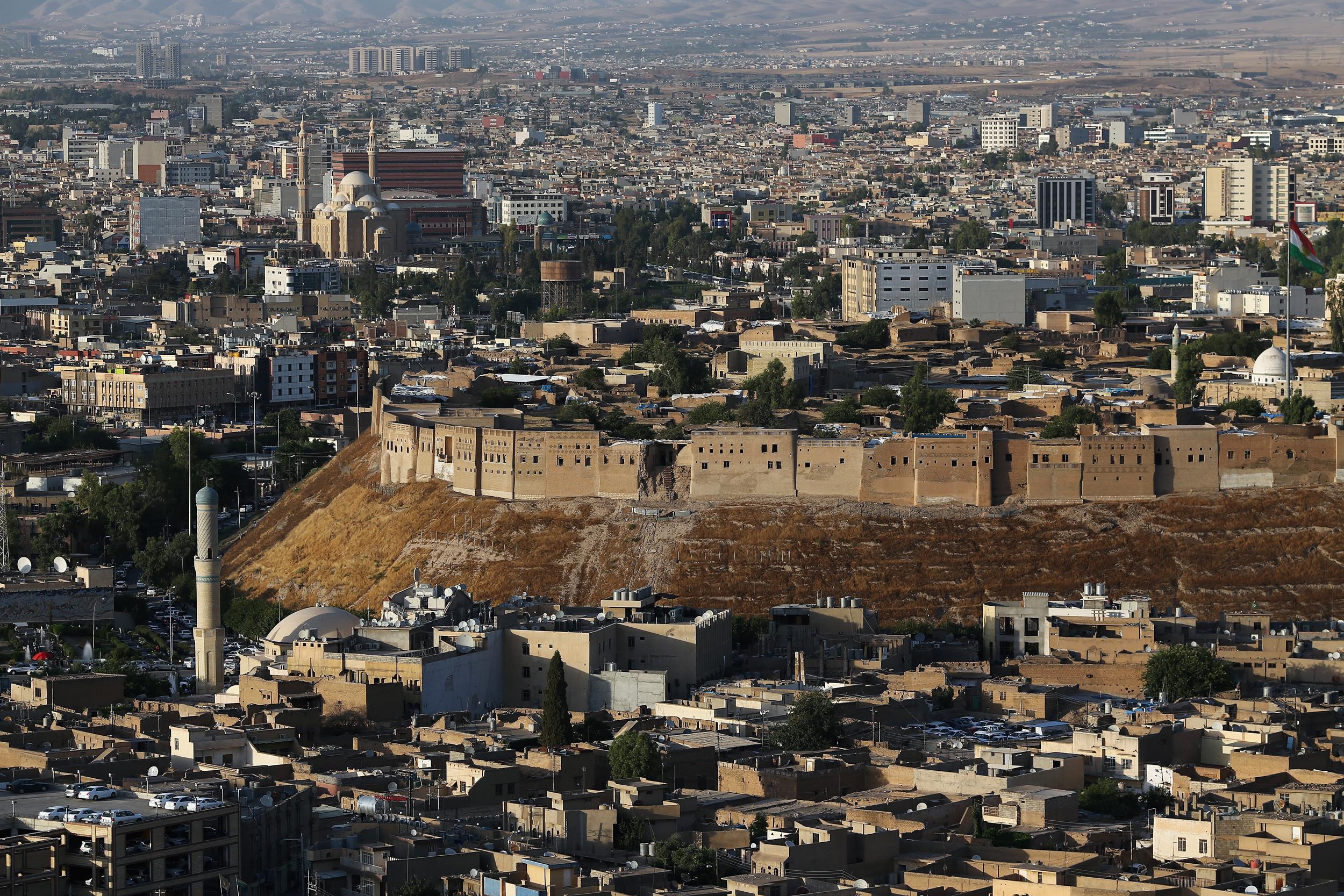Daesh’s offensive capabilities are spent, and the Iraqi offensive moves slowly towards Mosul. It is not a question of if, but how long, how horrific will the casualties be, and what will Iraq look like afterwards? In the latter, it does not look good. In 2007, Iraq’s future was promising. Sunni tribes, supported and paid by coalition forces, had banded together as ‘Awakening’ and all but vanquished Al-Qaeda militants. Iraq also won the AFC Asian Cup, bringing the nation together in a moment of euphoric joy between Sunnis and Shias.
Nouri Al-Maliki, former Prime Minister of Iraq, undid this almost single handily. Leading the government with his Shia parliamentary faction at his back, he used instruments of state to disband pro government Sunni militias, concentrate military power among his allies, and execute potential rivals. In 2008 the US transferred responsibility for paying Awakening members to the Iraqi government.
Then the money stopped. In 2009, Adil al-Mashhadani, leader of the Fadhil awakening council, was arrested and accused of running a Baathist revival within his council. His soldiers rebelled, and with that Maliki’s government dissolved Fadhil and ceased to pay its members. In 2012 the Maliki government tried to arrest the highest Sunni official in Iraq, vice-president Tareq Al-Hashemi. Hashemi escaped, but was sentenced to death in his absence.
Maliki’s power grab continued, but did not go unopposed. In late 2012, Maliki’s forces raided the home of, and arrested the finance minister Rafi Al-Issawi, a Sunni. This set off protests across Sunni Iraq. After months of protests, the death of an Iraqi officer lead to their violent repression, the banning of satellite broadcasters, and were followed by a string of bomb attacks. Without the Awakening movement supporting the government, and Maliki trying to kill off most of Iraq’s leading non-Shia figures, Daesh swept into Iraq largely unchallenged. In 2014 Maliki finally stepped down, likely thanks to Iran realising a Shia led government in Iraq could not stand with Maliki at its head, and pressured him out.
Replacing him was Haider Al-Abadi, a Shia who did his utmost to repair Iraq. He negotiated an oil revenue sharing deal with Kurdistan, and put prominent Sunnis into government positions. Maliki remains in parliament however, and his parliamentary bloc have been dismissing and investigating Abadi’s allies for corruption, further riling the ethnic tensions that tore Iraq apart in the first place. Their goal is to reinstate Maliki, or at least someone under his thumb. There are two prospects for peace after Mosul: Abadi’s executive triumphs over Maliki, and heals divisions unmolested by handing key positions to Sunnis, or Sunni’s are given autonomous powers akin to Kurdistan. The latter option also cannot succeed with Maliki’s supporters controlling parliament.
There can be peace in Iraq, but not while Nouri Al-Maliki vies for power.
Edmund Goldrick
(Image courtesy of The National Interest)

